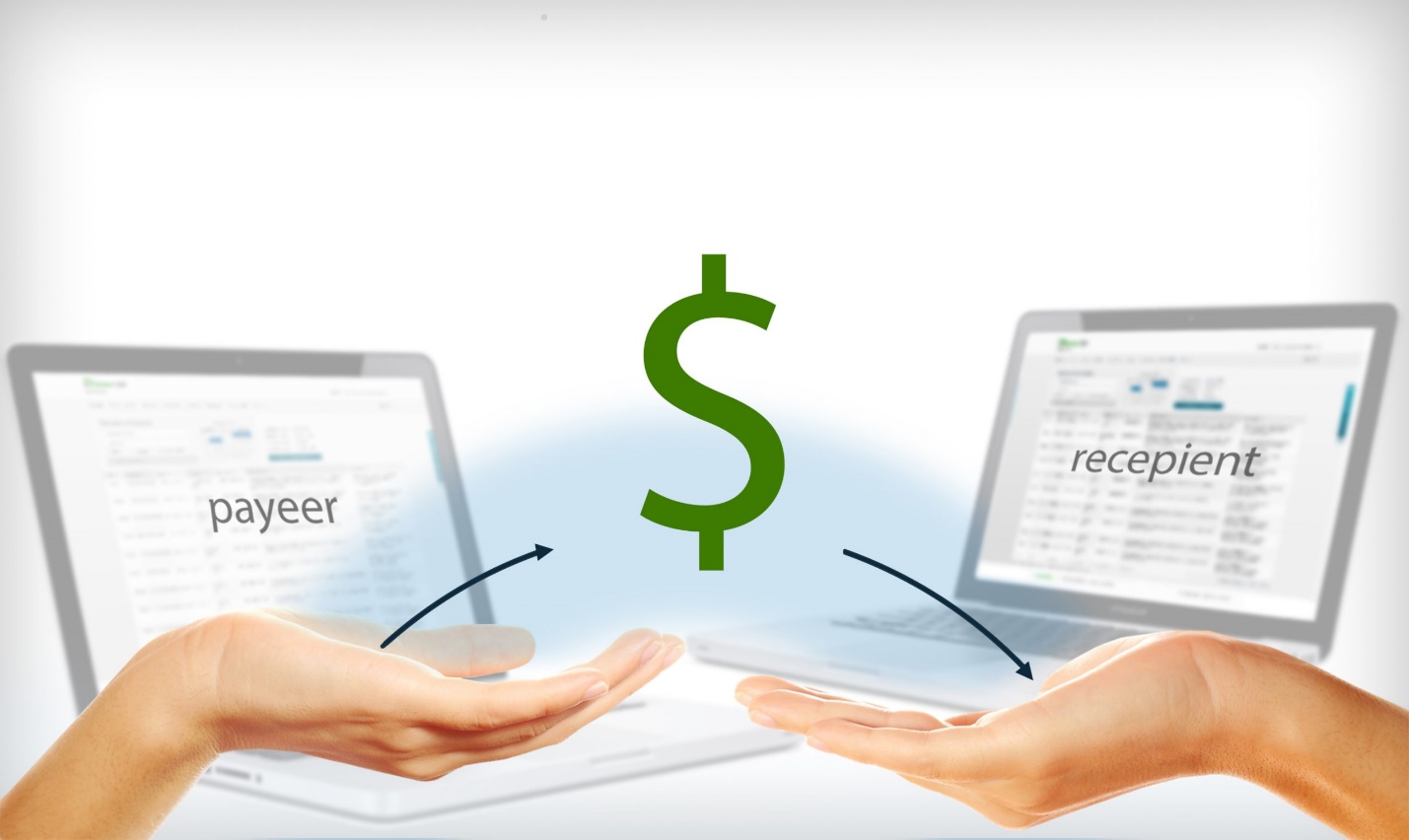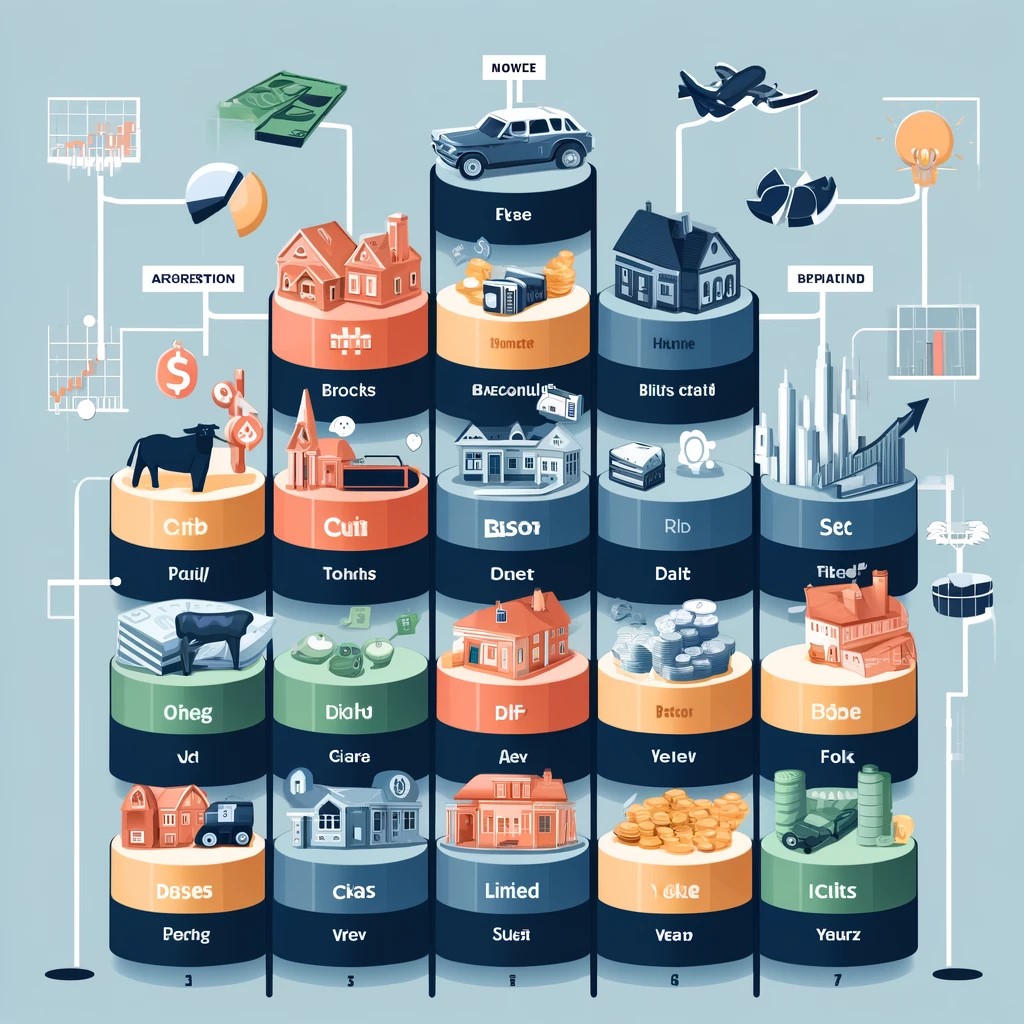How to Handle Student Loans After Graduation

College graduation is a beautiful time for many, but what is coupled with it is the burden of repaying student loans. Graduating with student loans is common, and it is essential to know the steps to take to ensure the student can handle the issue of paying the due amount. Here is the information which can help you to understand how to manage your loans effectively:
Know Your Loan Details
The first and obvious advice when managing your student loans is understanding your loan once you are through college. This concerns the total amount of debt one has, the interest rate charged, and the repayment schedule. When you have more than one loan, it is necessary to monitor each separately, as the payment terms may be completely different. When you know the details of your loan, you can be in a position to develop a plan that you will use to repay the loan.
Choose the Right Repayment Plan

This is usually evidenced by the fact that most student loans have standard repayment plans, although there are more suitable plans for you. There are also income-contingent repayment plans where your monthly payment is based on the income you earn plus the number of people you support; hence, they are usually minor if you begin your career. Compare different repayment terms and select the one that can enable you to refinance your loans without much stress.
Make Payments During the Grace Period
Federal student loans allow students to defer payments after graduation; the first year is usually free – six months. Despite this, the best thing one may feel is that waiting until another time to make payments can help lower the total interest that will be charged on your loan. Ideally, begin making payments no matter how little they are towards reducing the total balance and making payments easier when the grace period is over.
Consider Loan Consolidation or Refinancing
If you have a variety of loans, paying them off with a single amount may be a great idea since so many balances will not harass you. Consolidating your loans integrates them into a single monthly payment and gives you a new loan, which provides a more extended repayment period. Therefore, you pay less monthly. While debt consolidation requires getting one big loan at a lower interest rate to pay off multiple loans, refinancing is getting another loan at a lower rate to clear your current loans. This can be especially beneficial regarding costs over time, but the upsides and downsides must be considered.
Set Up Automatic Payments

Automatic payments are one of the most straightforward strategies for managing student loans after graduation. Most lenders give discounted interest rates if you sign up for automatic deductions, which is an excellent way of avoiding missed payments. Failure to make the desired payment may result in other costs being added on or total defaulting; automation of payments ensures good credit records.
Explore Loan Forgiveness Programs
Being a candidate for student loan forgiveness depends on your current job or the line of business you are in. Employment in the public service sector or a government institution, teaching in low-income schools, colleges, or universities, or volunteering in some NGOs or charitable organizations makes you eligible for loan forgiveness schemes. It is possible to get some or all of the remaining balance on your student loan forgiven if you agree to enroll in one of these programs. You need to find out if you can apply for any of the loan forgiveness programs to enable you to pay less.
Conclusion
Borrowing student loans during their education can be stressful when one thinks of how to pay back after completing their course, but the task can be tackled head-on if maybe a clear plan is laid down. Knowing more about your loan details, selecting an appropriate payment plan, and thinking about what you may do with loans like debt consolidation or refinancing can help make things easier. One way to manage your loans is to make it easier for you to make regular payments and learn about the options for loan forgiveness. By following these activities, you can be an independent student with no debts on your student loans once you finish your studies.
(Writer:Haicy)





